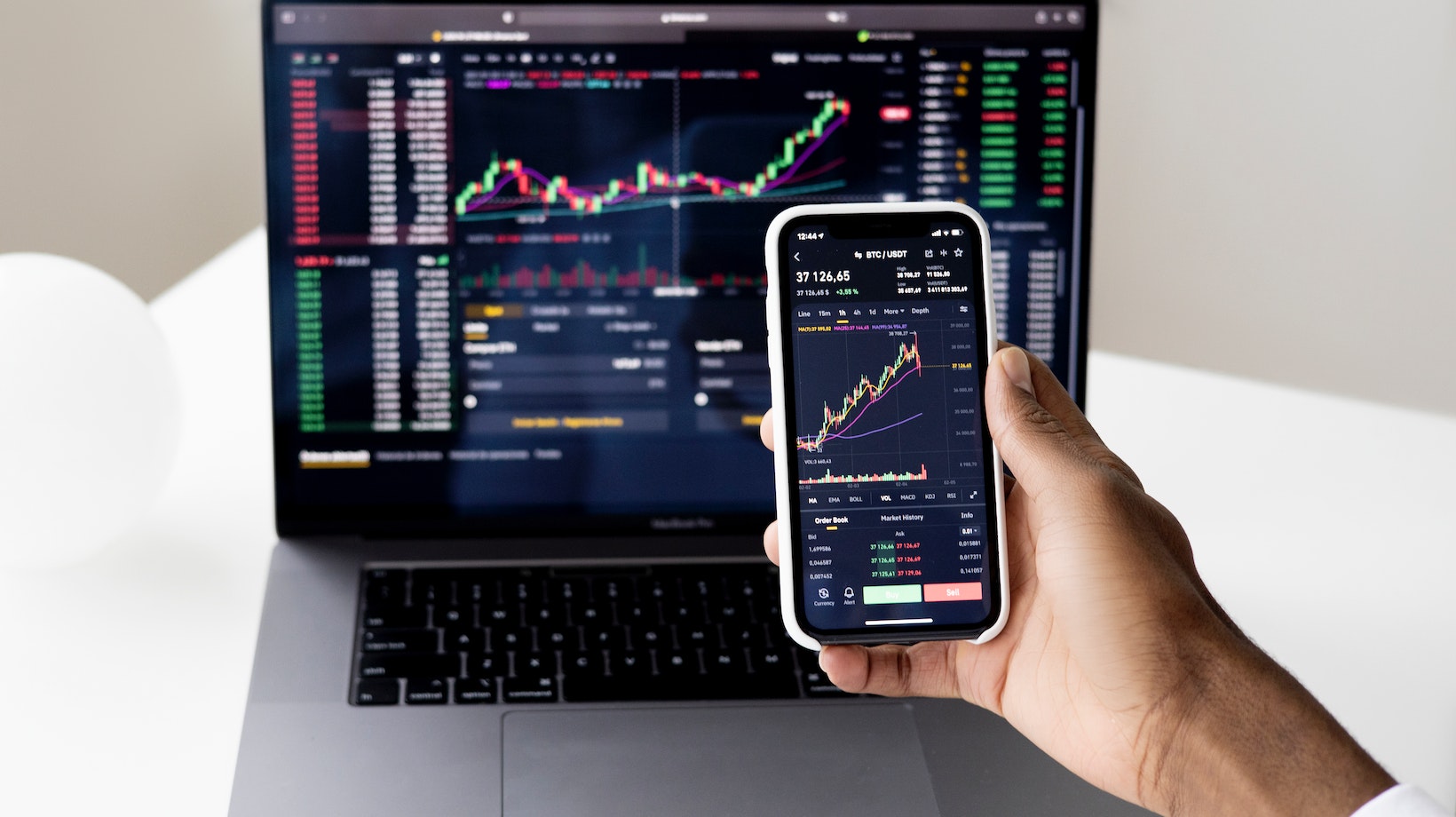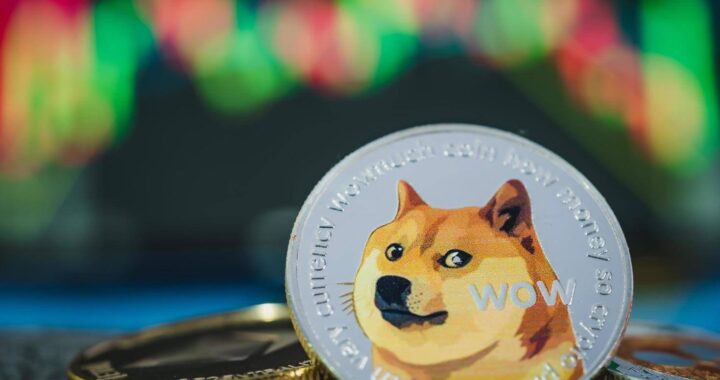
How to Invest in Cobalt: A Lucrative Opportunity For Investors
Wondering how to invest in cobalt? Look no further, as I’m here to provide you with some expert guidance. Cobalt is a crucial component of various industries, including electric vehicle batteries and renewable energy technologies. With the increasing demand for these sectors, investing in cobalt can be an attractive opportunity for investors looking to diversify their portfolio.
To get started with cobalt investments, it’s essential to understand the market dynamics and potential risks involved. One way to invest in cobalt is through purchasing stocks of mining companies that have significant exposure to this metal. These stocks can offer potential capital appreciation if the demand for cobalt continues to rise.
Another option is investing in exchange-traded funds (ETFs) that focus on commodities or metals. These ETFs typically hold a basket of cobalt-related assets, providing investors with exposure to the overall performance of the cobalt market.
How to Invest in Cobalt
Cobalt is a versatile and valuable metal that has gained significant attention in recent years as a potential investment opportunity. In this section, I’ll provide you with an overview of the basics of cobalt to help you understand its potential for investment.
- What is Cobalt? Cobalt is a lustrous, hard, and brittle metal that belongs to the transition metals group. It’s primarily obtained as a byproduct of copper and nickel mining operations. Known for its high melting point and resistance to corrosion, cobalt has various industrial applications, including aerospace alloys, rechargeable batteries (such as lithium-ion batteries), superalloys used in jet engines, and catalysts.
- Why Invest in Cobalt? Investing in cobalt can be an attractive option due to several factors:
- Growing Demand: The demand for cobalt has been steadily increasing due to its crucial role in electric vehicle (EV) batteries and renewable energy storage systems.
- Limited Supply: Cobalt’s supply chain is relatively concentrated geographically, with a significant portion coming from the Democratic Republic of Congo (DRC). Any disruptions or restrictions on supply can have a substantial impact on prices.
- Price Volatility: The cobalt market has experienced notable price volatility over the past few years due to supply constraints and fluctuations in demand.
- Ways to Invest in Cobalt: There are several avenues available for investors interested in gaining exposure to cobalt:
- Direct Investments: Investors can consider purchasing physical cobalt or investing directly in companies involved in cobalt mining, production, or exploration.
- Exchange-Traded Funds (ETFs): ETFs focused on metals or battery technology sectors may include exposure to cobalt within their portfolios.
- Commodity Futures: Sophisticated investors can trade cobalt futures contracts through commodity exchanges.
- Risks and Considerations: It’s important to be aware of the risks associated with investing in cobalt:
- Market Volatility: Cobalt prices can be highly volatile, influenced by factors such as geopolitical events, changes in regulations, and shifts in demand from key industries.
- Supply Chain Risks: The dependency on a limited number of countries for cobalt supply raises concerns about potential disruptions or ethical considerations surrounding mining practices.

Exploring Different Investment Options in Cobalt
When it comes to investing in cobalt, there are several options available. Here’s a breakdown of the different investment avenues you can consider:
- Direct Purchase: One way to invest in cobalt is by purchasing physical cobalt assets. This could include buying and storing cobalt bullion or coins, similar to investing in precious metals like gold or silver.
- Cobalt Stocks: Another option is to invest in companies that mine or produce cobalt. By purchasing shares of these companies on the stock market, you can gain exposure to the cobalt industry without directly owning the physical metal.
- Exchange-Traded Funds (ETFs): ETFs offer a convenient way to invest in a diversified portfolio of cobalt-related assets. These funds typically hold a basket of stocks from various companies involved in the production, exploration, or processing of cobalt.
- Commodity Futures: For more experienced investors looking for higher risk-reward opportunities, trading commodity futures contracts could be an option. Cobalt futures allow investors to speculate on the future price movements of this metal without owning it physically.





